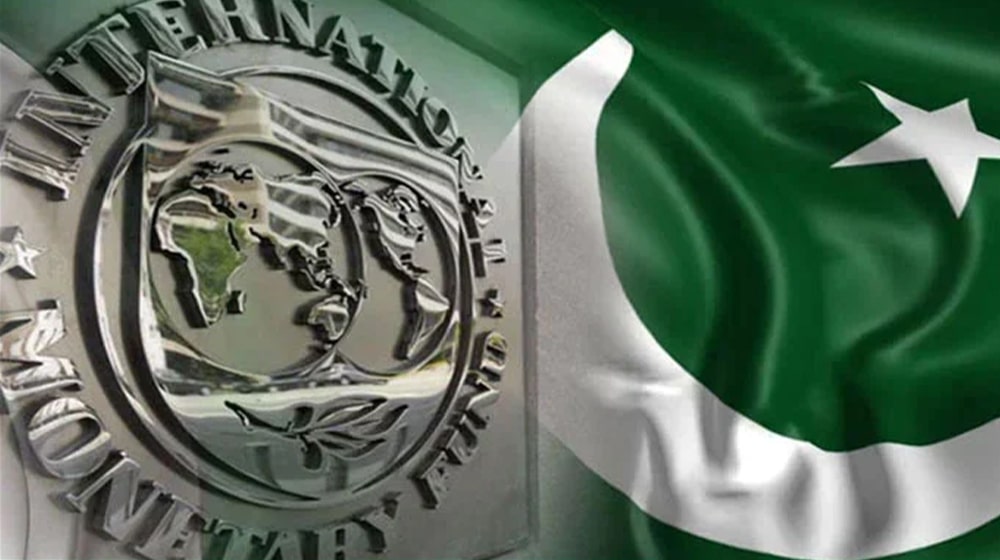The federal government has for now delayed the International Monetary Fund’s (IMF) demand to increase tax burden on salaried class in the upcoming budget.
Prime Minister Shehbaz Sharif has postponed the budget proposal to increase the effective income tax rate for salaried individuals, reported Express Tribune.
During a recent meeting on taxation proposals for the new budget, the prime minister did not support increasing the tax burden on the salaried class. He instructed the Finance Ministry to request the IMF to drop this proposal.
Salaried individuals in Pakistan already rank as the fourth highest taxpayers, after bank depositors, contractors, and taxes collected at the import stage. With high double-digit inflation eroding their purchasing power, the IMF’s proposal to extract an additional Rs. 600 billion annually from both salaried and non-salaried individuals has been met with resistance.
The government aims for a tax collection target higher than R. 12.5 trillion for the Federal Board of Revenue (FBR) next fiscal year. The plan includes recovering at least Rs. 600 billion in additional tax from both salaried and non-salaried individuals by combining their tax rates and adjusting income thresholds.
The IMF wants Pakistan to rationalize tax rates for individuals by removing the salaried/non-salaried distinction and reducing the number of rate slabs to no more than four.
The lender has urged Pakistan to unify taxation by reducing the highest taxable income limit for salaried workers, setting a 35 percent income tax rate for those earning Rs. 333,000 per month.
The lender in its recent tax policy recommendations to Pakistan said it wants the federal government to lower the income threshold for the higher-rate slabs and eliminate preferential treatments to employees in specific sectors, a tax credit for investment in shares, deductions for mortgage payments, and tax reduction to full-time teachers/researchers.
The IMF also insists on retaining the current income-tax exemption threshold at Rs. 50,000 monthly income.
According to the IMF, the present personal income tax rate structure presents several problems. First, while the marginal income tax rate structure is largely progressive, it is only applied to certain types of income, leading to inequities between taxpayers who earn different types of income.
The IMF has not yet agreed to sign a staff-level agreement with Pakistan, linking the deal to the prior approval of the budget in line with its conditions.
The IMF has recommended significantly enhancing penalties to improve tax law enforcement, arguing that the current penalties are insufficient to deter violations. It also calls for repealing the discretionary power of the FBR and the cabinet to award tax incentives.
Shehbaz has yet to decide on imposing taxes on pensioners, despite some official support for the idea. The prime minister has so far expressed reservations about this measure.
The post Pakistan Delays IMF Proposal to Increase Taxes on Salaried Class appeared first on ProPakistani.



